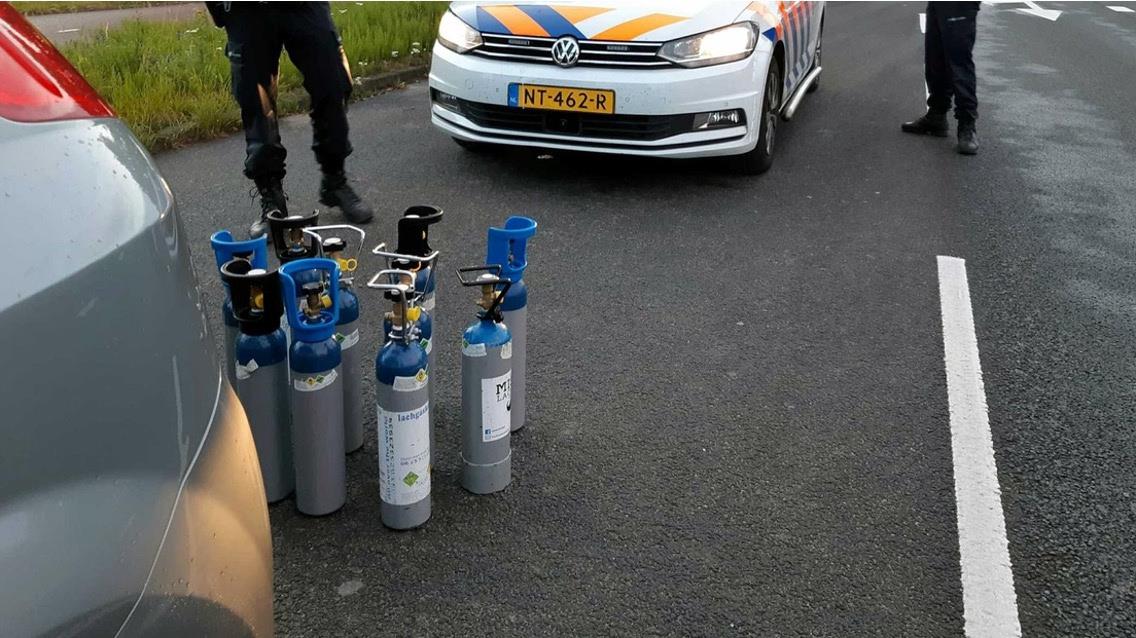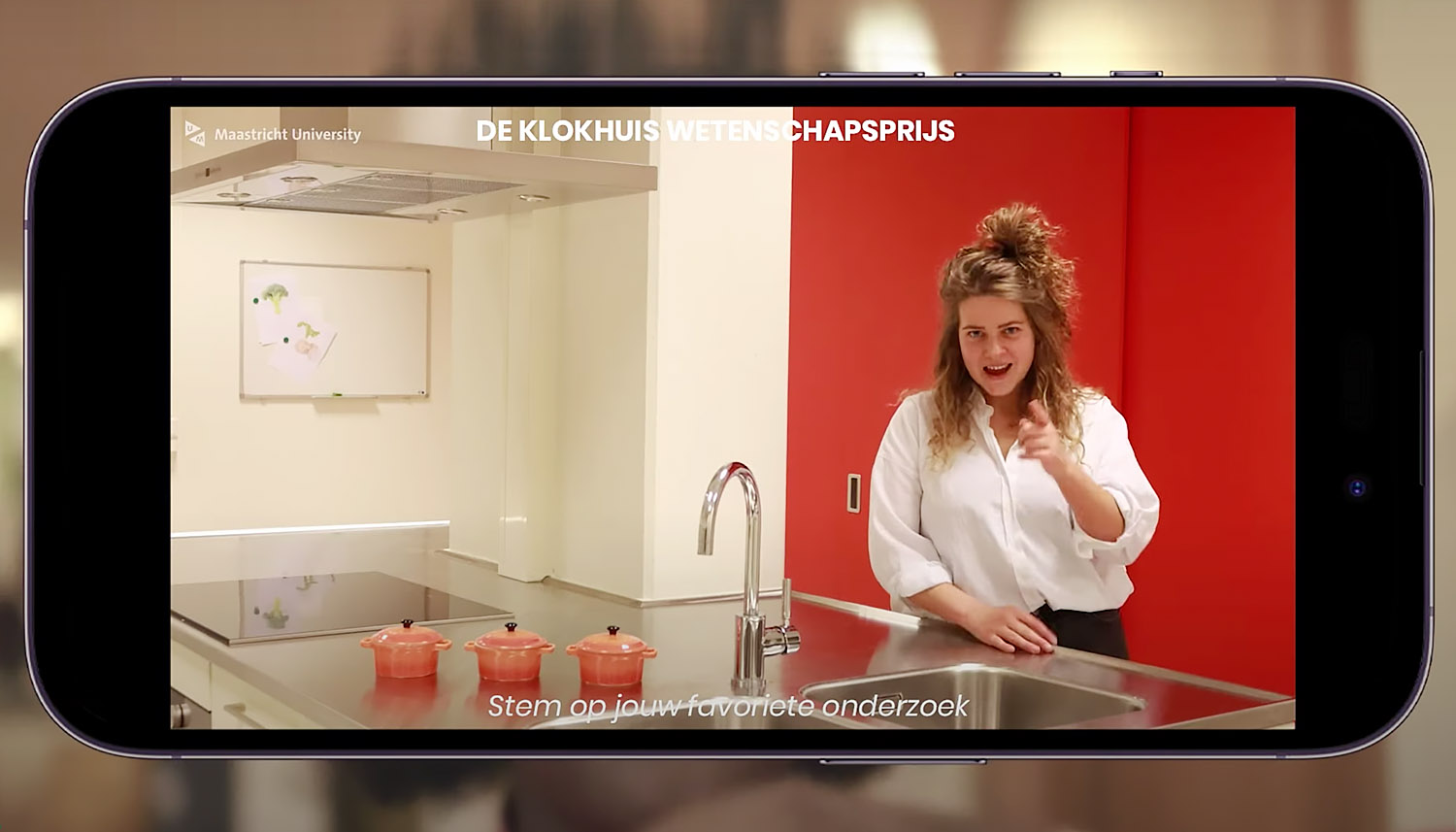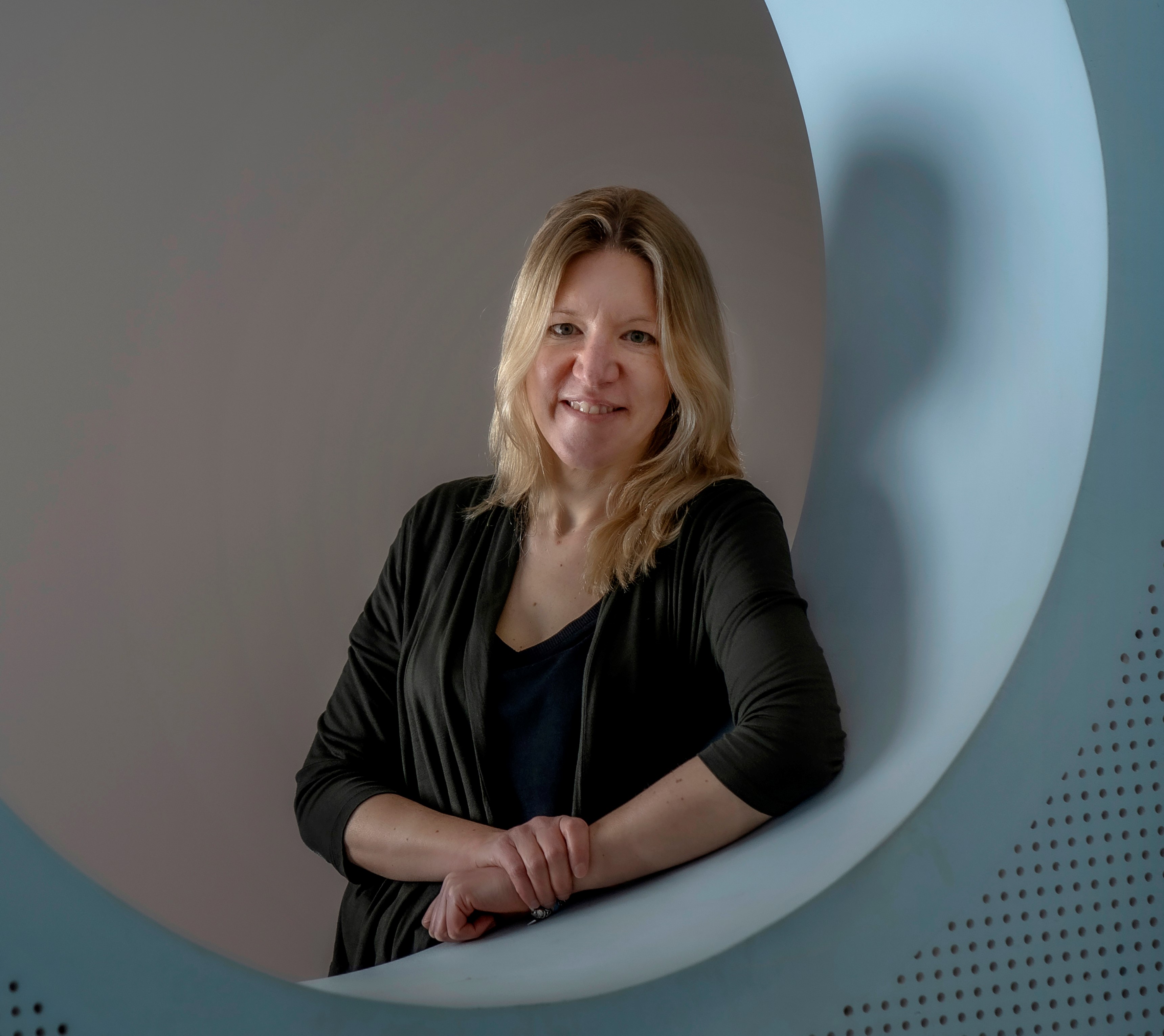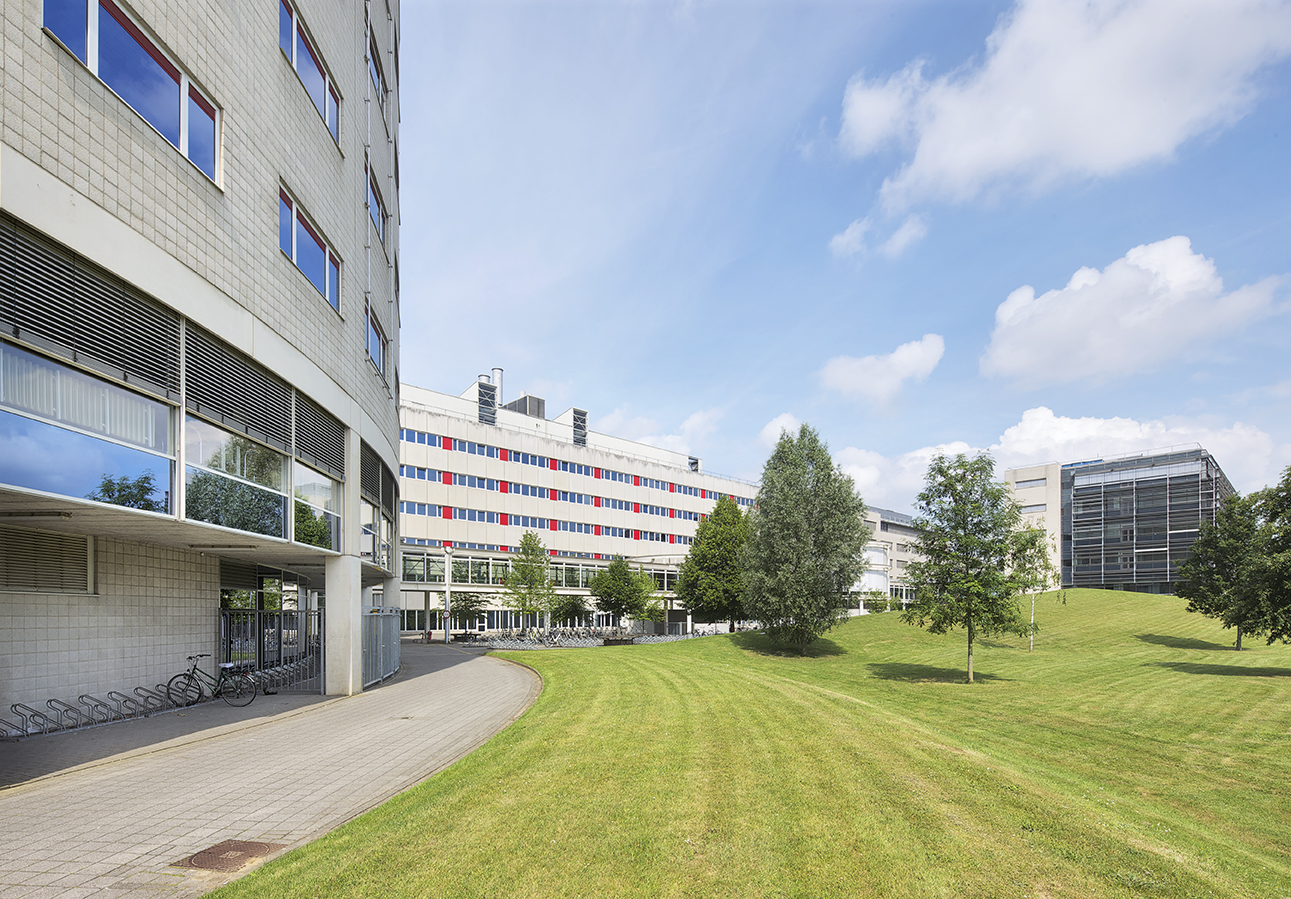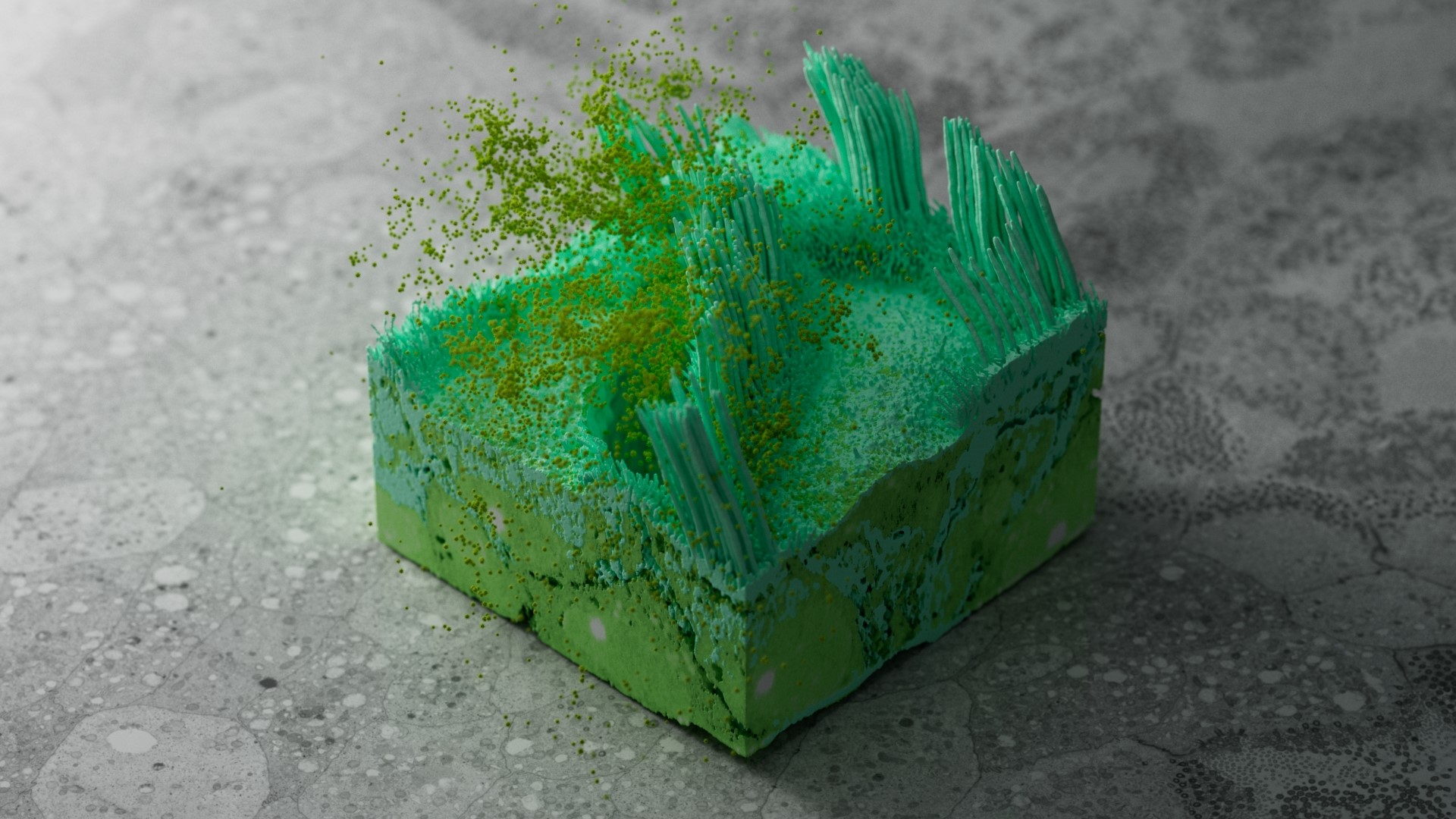News
-
When nitrous oxide (laughing gas) is used recreationally, its presence remains detectable in the breath and bloodstream for at least 60 minutes after inhalation, and the development of an instrument to measure it is technically feasible. These were among the findings of a study at Maastricht...
-
Lilian Kloft and Min Wu, both affiliated with the Faculty of Psychology and Neuroscience (FPN), have been awarded Rubicon grants by research funder NWO. This grant gives promising early-stage scientists the opportunity to gain international research experience.
-
Do vegetables taste better if you get to choose? With her research, Rosalie Mourmans, PhD student at the Faculty of Psychology and Neuroscience, tries to answer this question. This research earned her a place among the ten finalists of the Klokhuis Science Prize: a prize for interesting scientific...
-
Milene Bonte, professor of Cognitive Neuroscience of Language and Literacy Development at UM’s Faculty of Psychology and Neuroscience, has received an NWO Vici grant of 1.5 million euros. The amount is earmarked for research into the timely identification of children in need of extra support to...
-
Professor Machteld Marcelis can continue her work at Maastricht University, the university’s Executive Board has determined. An independent inquiry commissioned by the board and conducted by the agency BING found no evidence of an unsafe social environment within the Psychiatry section of the UM...
-
Maastricht University's Executive Board has approved the plan to renew the animal research facility for UM and Maastricht UMC+ at the existing location at Universiteitssingel 50 (UNS50). A new building is therefore off the table.
-
For the first time, there is scientific evidence that a personalised diet based on a person's metabolic profile leads to better health. This is an important step towards more effective nutritional interventions aimed at improving health and preventing chronic diseases.
-
Four Maastricht research teams are starting their projects funded with money from the Open Competition of grant provider ZonMw. In addition, a Nijmegen research team has been awarded, which includes Harro van Lente, professor of Science and Technology Studies at Maastricht University (UM).
-
What happens if a SARS-CoV-2 coronavirus enters your lung? This molecular animation visualises how the virus particle can take over the host cell and turns it into a virus factory. Eventually, the host cell produces so many viral particles that it dies and releases numerous new virus particles.
-
Thanks to a strong financial impulse from the National Growth Fund, Maastricht University, as one of the partners in a national consortium, is starting a new line of research in the field of cellular agriculture.
